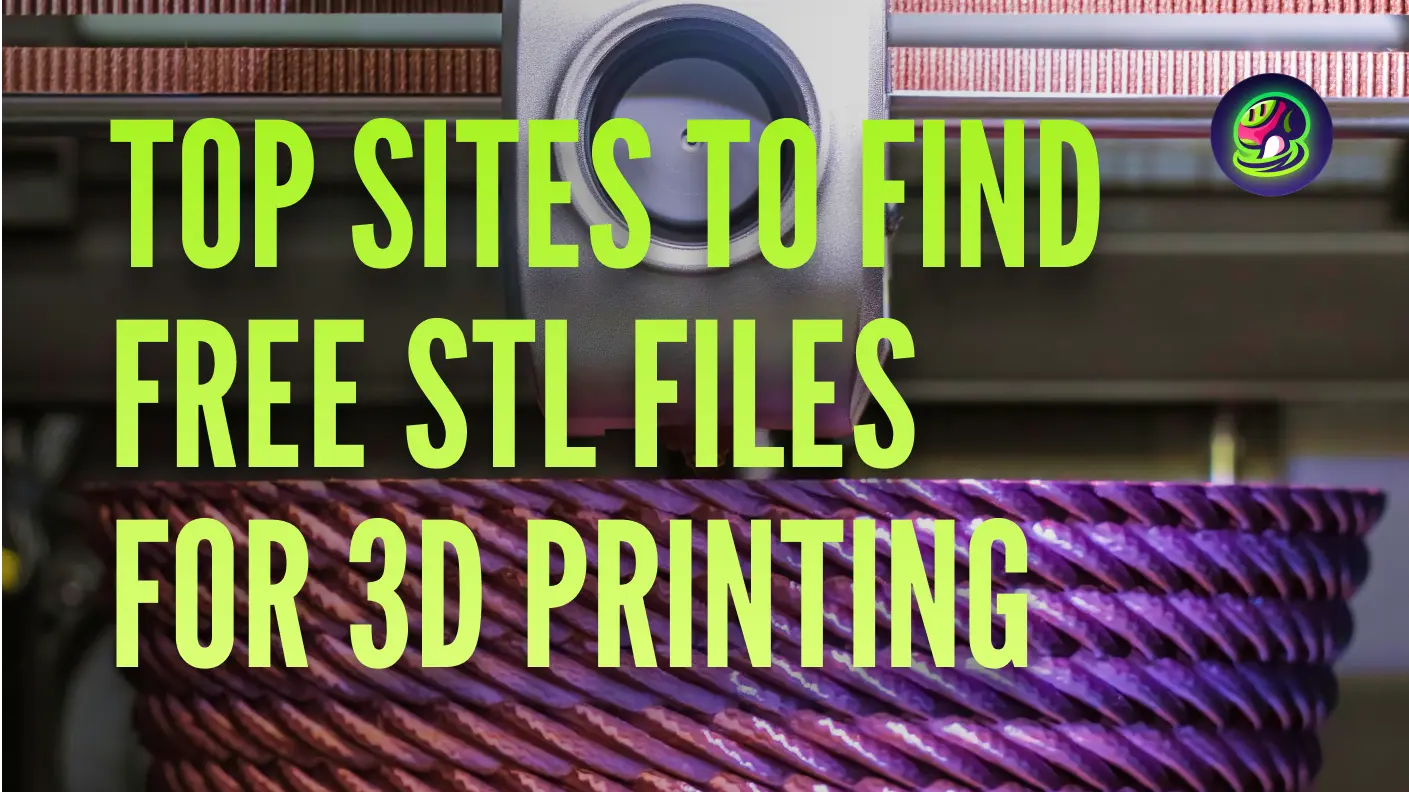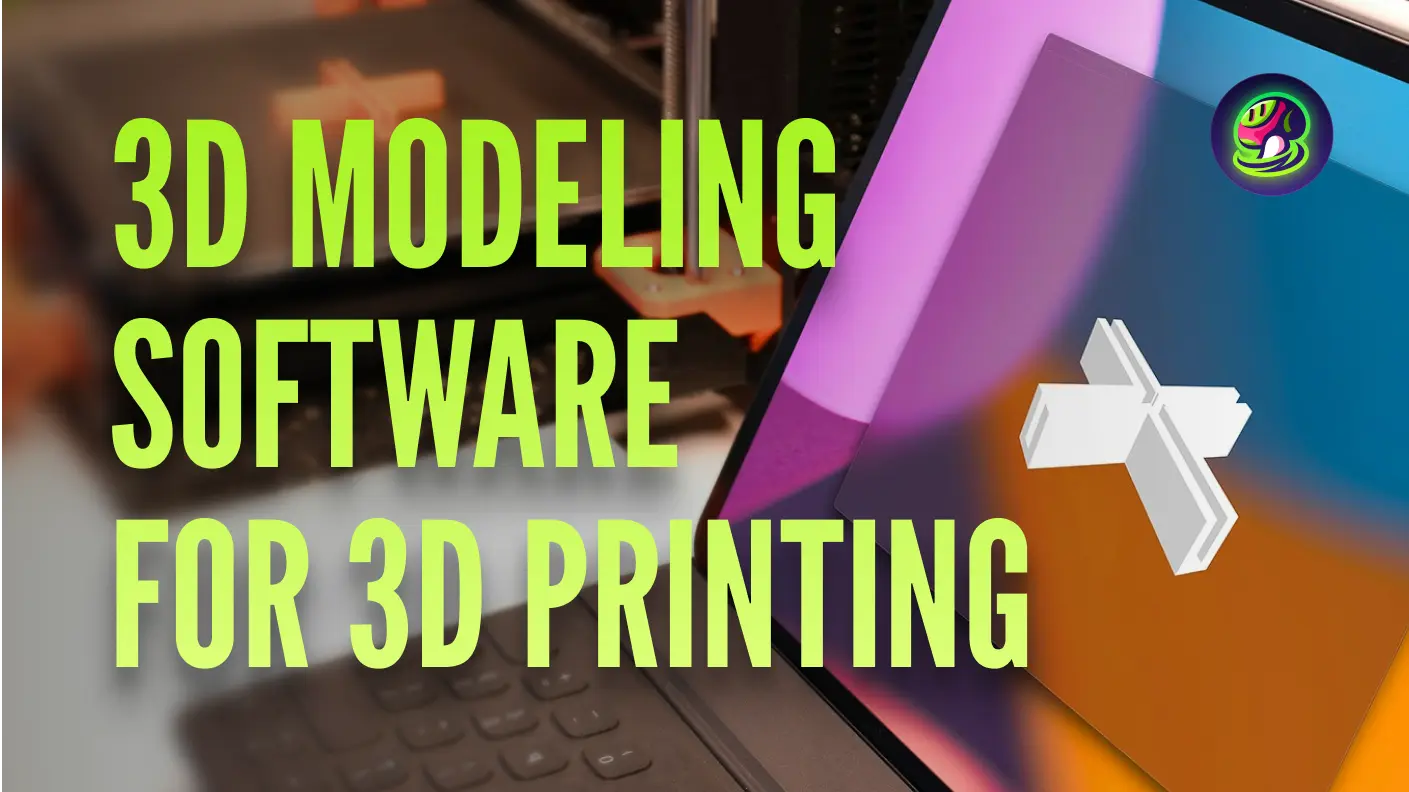Navigating the world of 3D file formats can be daunting, especially with the myriad of options available. Understanding these formats is crucial for anyone involved in digital creation, whether you're working on 3D print file types or exploring 3D modeling software. Each format serves a unique purpose, and choosing the right one can significantly impact your project's success. From free STL files to complex animation formats, this guide will help you make informed decisions about which 3D file format best suits your needs.
What Are 3D File Formats?
3D file formats are the backbone of digital creation, dictating how 3D models are stored, shared, and utilized. These formats encode the geometry, appearance, and sometimes behavior of 3D objects. Choosing the right file format ensures compatibility, efficiency, and accuracy for your project, whether it involves 3D printing, animation, or gaming.
Common 3D File Formats and Their Applications
![]()
1. OBJ: The Versatile Standard
- Description: A widely supported format for 3D geometry.
- Uses: Ideal for static models; compatible with most 3D software.
- Pros: Lightweight, supports multiple objects, and includes unit scaling.
- Best For: General 3D modeling and game engines.
OBJ files are a staple in the 3D modeling world, known for their versatility and ease of use. They're perfect for creators needing a reliable and adaptable format.
2. FBX: Animation and Beyond
- Description: A format that includes animation data.
- Uses: Popular in film, gaming, and VFX for complex models and animations.
- Pros: Stores full 3D scenes, including cameras and lighting.
- Best For: Animation and visual-driven projects.
FBX files are indispensable for projects that require detailed animations and complex scene setups, making them a favorite in the entertainment industry.
3. STL: The 3D Printing Staple
- Description: A format primarily used for 3D printing.
- Uses: Common in additive manufacturing and prototyping.
- Pros: Simple and widely supported by 3D printers.
- Best For: 3D printing applications.
STL files are the go-to format for 3D printing enthusiasts due to their simplicity and compatibility with most 3D printers.
4. GLTF/GLB: Optimized for the Web
- Description: An open-source format for web and real-time applications.
- Uses: Ideal for web-based 3D models and AR/VR experiences.
- Pros: Small file sizes, fast loading, supports PBR materials.
- Best For: Web and AR/VR projects.
GLTF and GLB are optimized for efficient web use, offering fast-loading models perfect for immersive applications.
5. USD/USDZ: The Future of 3D Interoperability
- Description: Developed by Pixar for complex scene data.
- Uses: Growing in AR applications and cross-platform compatibility.
- Pros: Extensible, supports PBR materials, efficient scene storage.
- Best For: AR applications and collaborative projects.
USD and USDZ formats are paving the way for seamless 3D interoperability, especially in augmented reality and collaborative workflows.
Choosing the Right Format for Your Needs
3D Printing
- Preferred Formats: STL and AMF for their simplicity and wide support.
- Tips: Ensure files are optimized for successful printing, such as checking for watertight geometry.
Animation
- Top Picks: FBX and USD for their ability to handle complex animations and scene data.
- Enhancements: Use these formats to streamline workflows and enhance visual storytelling.
Web and AR/VR
- Best Options: GLTF and USDZ for fast loading and immersive experiences.
- Benefits: Small file sizes and compatibility with AR/VR platforms.
Gaming
- Recommended Formats: OBJ and FBX for compatibility with game engines like Unity and Unreal.
- Considerations: Choose formats that retain textures and animations for seamless integration.
Converting 3D File Formats
Converting 3D file formats is essential for ensuring compatibility across various software and platforms. Several tools can assist in this process:
- Spin 3D: A free converter that supports batch conversions for over 50 file types, including OBJ, PLY, and 3DS. It's user-friendly and compatible with Windows OS.
- 3D Convert: An online service offering conversions between more than 50 3D formats, such as STL, OBJ, and FBX. It's accessible directly through your browser.
- ABViewer: A multifunctional software that allows viewing, editing, and converting a wide range of 2D and 3D formats. It supports formats like DWG, DXF, STEP, IGES, and STL.
When selecting a conversion tool, consider factors such as supported formats, ease of use, and whether you prefer a cloud-based service or a local application. Additionally, always verify the integrity of your model after conversion to ensure no data loss or corruption has occurred.
Why Meshy?
![]()
Meshy's AI-powered platform simplifies the process of creating, editing, and exporting 3D models. Models generated on Meshy can be downloaded in multiple formats, ensuring compatibility with your preferred software or hardware. Whether you're a hobbyist or a professional, Meshy's tools empower you to bring your ideas to life with ease.
Conclusion
Understanding 3D file formats is essential for anyone involved in digital creation. Whether you're crafting intricate animations, developing immersive AR/VR experiences, or printing 3D models, the right file format can make all the difference. With this guide and the tools provided by Meshy, you can confidently navigate the evolving world of 3D creation and bring your visions to life.


